Kyei and sons
Your blog post
Blog post description.
9/7/20242 min read
### Management Issues
1. Regulatory Compliance
- Navigating complex international trade regulations and tariffs can pose challenges. Ensuring compliance with varying laws across different countries is crucial to avoid penalties and maintain a good reputation.
2. Supply Chain Disruptions
- Global supply chain disruptions, such as those caused by geopolitical tensions or natural disasters, can affect inventory levels and delivery timelines. Developing contingency plans is essential.
3. Technological Adaptation
- Keeping pace with rapid technological advancements in trading platforms and data analytics is necessary. Failure to adopt new technologies may lead to inefficiencies and lost competitive advantage.
4. Talent Acquisition and Retention
- Attracting and retaining skilled professionals in a competitive job market is a challenge. Employee turnover can disrupt operations and affect service quality.
### Market Developments
1. E-commerce Growth
- The rise of e-commerce has transformed trading dynamics, leading to increased demand for digital platforms and online trading solutions.
2. Sustainability Trends
- There is a growing emphasis on sustainability in trade practices. Companies are increasingly expected to adopt environmentally friendly sourcing and trading methods.
3. Geopolitical Influences
- Trade policies and relationships between countries can shift rapidly, impacting market access and pricing strategies. Staying informed about geopolitical developments is essential.
4. Technological Innovations
- Advancements in blockchain, AI, and big data analytics are reshaping the trading landscape, offering new opportunities for efficiency and transparency.
### Strengths and Weaknesses of Our Company and Services
**Strengths:**
- Global Network: A well-established network of suppliers and customers across multiple countries enhances market reach and opportunities.
- Diverse Product Portfolio: Offering a wide range of products allows for risk diversification and the ability to cater to various market needs.
- Experienced Team: A skilled workforce with expertise in international trade, logistics, and regulatory compliance strengthens operational capabilities.
**Weaknesses:**
- Dependence on Key Markets: Heavy reliance on specific markets can expose the company to risks associated with economic downturns or political instability in those regions.
- Limited Brand Recognition: As a relatively new player in certain markets, brand recognition may be lower compared to established competitors, impacting customer trust.
- Resource Constraints: Limited financial resources for technology investments may hinder the ability to innovate and improve operational efficiency.
### Management Policy and Objectives
**Management Policy:**
- Commitment to Compliance: Ensure adherence to all international trade laws and regulations, fostering a culture of ethical conduct and transparency.
- Customer-Centric Approach: Prioritize customer satisfaction by providing high-quality products and responsive service, aiming for long-term relationships.
- Sustainability Focus: Integrate sustainable practices into all operations, from sourcing to logistics, to minimize environmental impact and promote social responsibility.
**Objectives:**
- Market Expansion: Enter at least two new international markets within the next three years to diversify revenue streams.
- Revenue Growth: Achieve a 20% increase in annual revenue through strategic partnerships and enhanced digital marketing efforts.
- Operational Efficiency: Reduce operational costs by 15% over the next two years by optimizing supply chain processes and leveraging technology.
### Future Plans
1. Digital Transformation
- Invest in advanced trading platforms and data analytics tools to enhance decision-making, improve customer experience, and streamline operations.
2. Sustainability Initiatives
- Launch a sustainability program aimed at reducing carbon emissions and promoting ethical sourcing practices, with specific targets to be achieved within five years.
3. Talent Development
- Implement comprehensive training and development programs to upskill employees, focusing on areas such as digital literacy and international trade regulations.
4. Strategic Partnerships
- Forge strategic alliances with local distributors and logistics providers in target markets to enhance market entry strategies and improve service delivery.
5. Market Research and Innovation
- Conduct ongoing market research to identify emerging trends and customer needs, fostering a culture of innovation to adapt products and services accordingly.
By addressing these areas, the international trading company can position itself for sustainable growth and success in a dynamic global marketplace.
